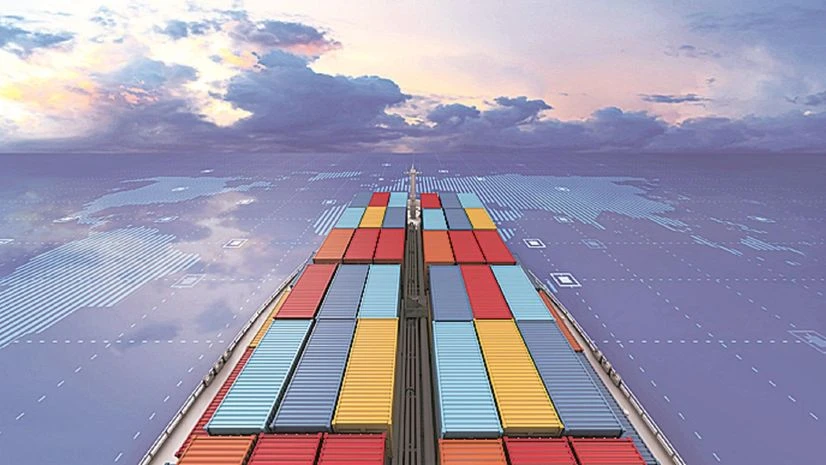India will have to eventually move to a lower customs duty regime and cannot continue to protect domestic manufacturers by citing infant industry argument, a senior government official said on Thursday.
Secretary in the Department for Promotion of Industry and Internal Trade (DPIIT) Rajesh Kumar Singh said that tariffs are not really considered a revenue source.
Normally, customs duties or tariffs are used as a policy tool to ensure a higher level of protection for certain sectors to boost domestic manufacturing.
"The DPIIT's view is that there are possibilities of using tariffs in a creative manner to protect some of our industries, particularly when they are subject to predatory pricing or dumping from certain geographies," he told reporters here.
While there is a need to protect sectors which are weak, there is no need to continue with the high tariff walls for segments that are doing well, he added.
"But I think, over time, we will have to move to a lower tariff regime overall. The BCD (basic customs duty) will have to start coming down," Singh said, adding "We can not continue with the infant industry argument forever".
More From This Section
These remarks assume significance as certain quarters of experts have stated that India should cut down its import duties to integrate with global value chains. However, some domestic industries like auto oppose that move.
Talking about the domestic toy industry, the secretary said that with the help of measures like high customs duties and quality control orders, the sector is performing well.
Domestic toy manufacturing is strengthening, exports are increasing, and imports are coming down, he said.
Singh said that for the toy sector, the government is using high customs duties to provide a higher level of protection for some time.
Without naming China, he said that some countries are using predatory pricing to dump goods and destroy local manufacturing.
Duties on toys have been raised to 70 per cent from 20 per cent earlier.
When asked if the government is looking to cut these duties, he said it will depend on the sector's performance going forward.
"We are facing a situation where one geography (country) in particular there is a sustained intent to destroy the manufacturing ecosystem in other countries through predatory pricing, thereafter enhancing their prices. So, we need to sort of calibrate our move accordingly," he added.
(Only the headline and picture of this report may have been reworked by the Business Standard staff; the rest of the content is auto-generated from a syndicated feed.)

)
